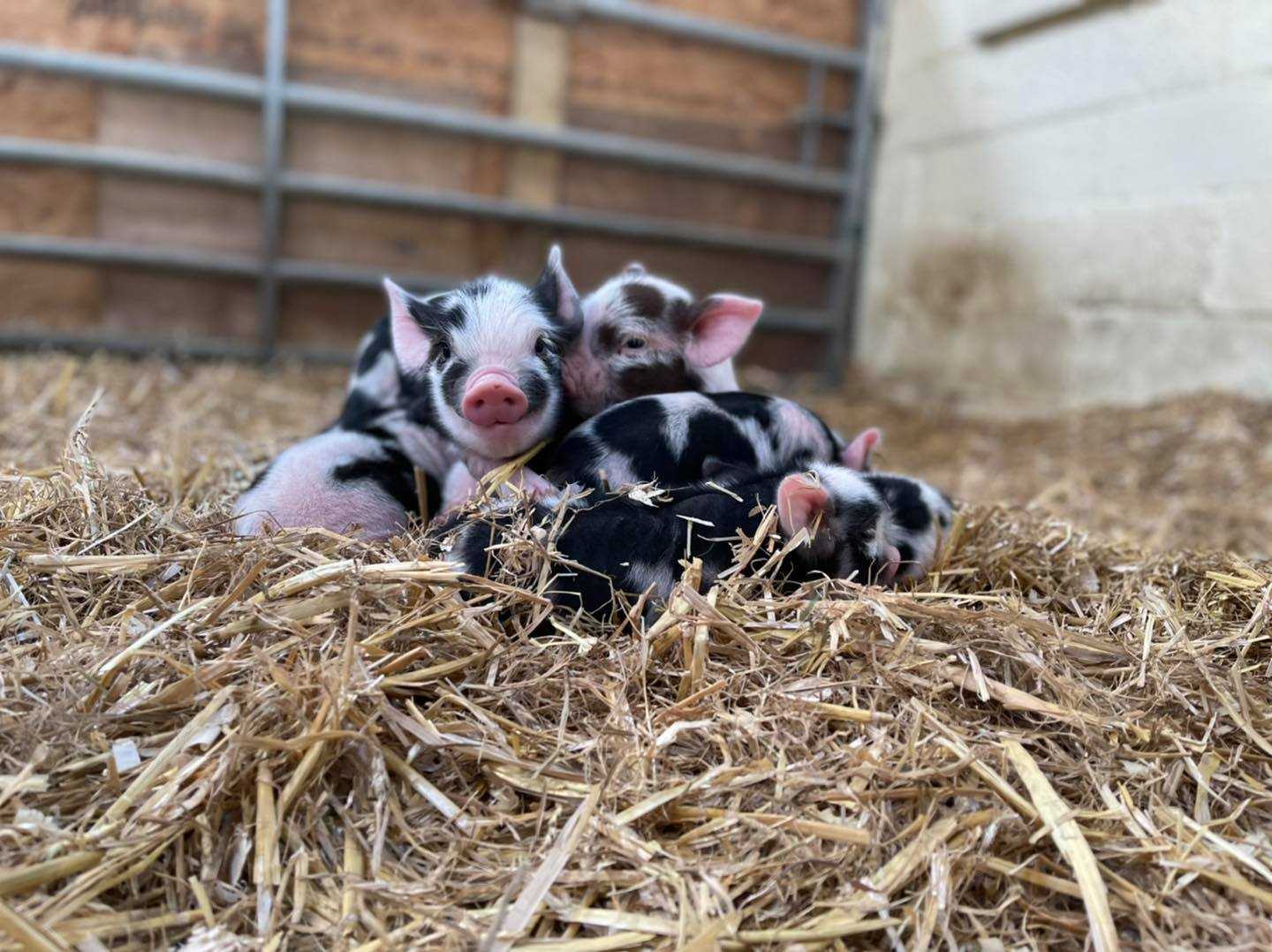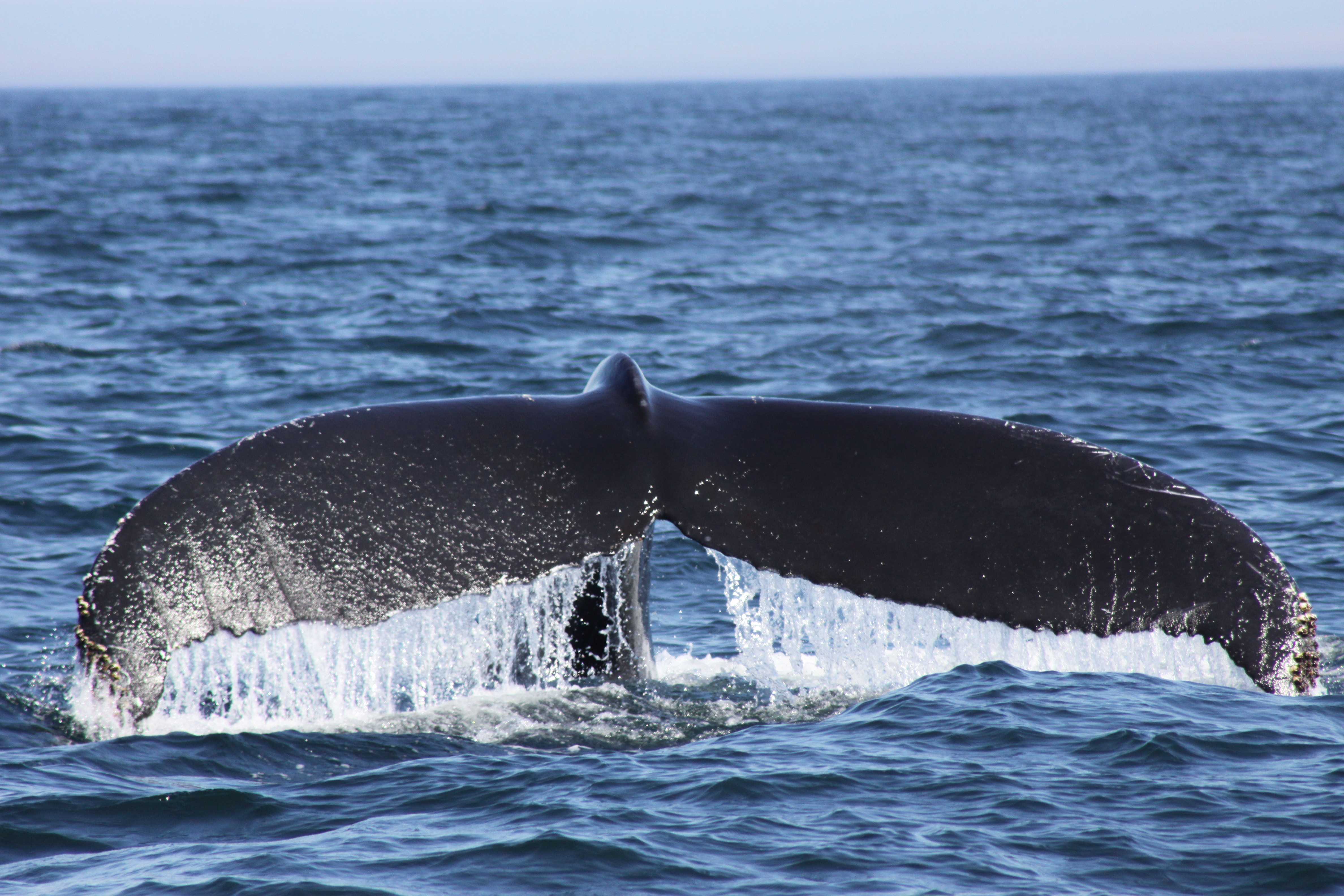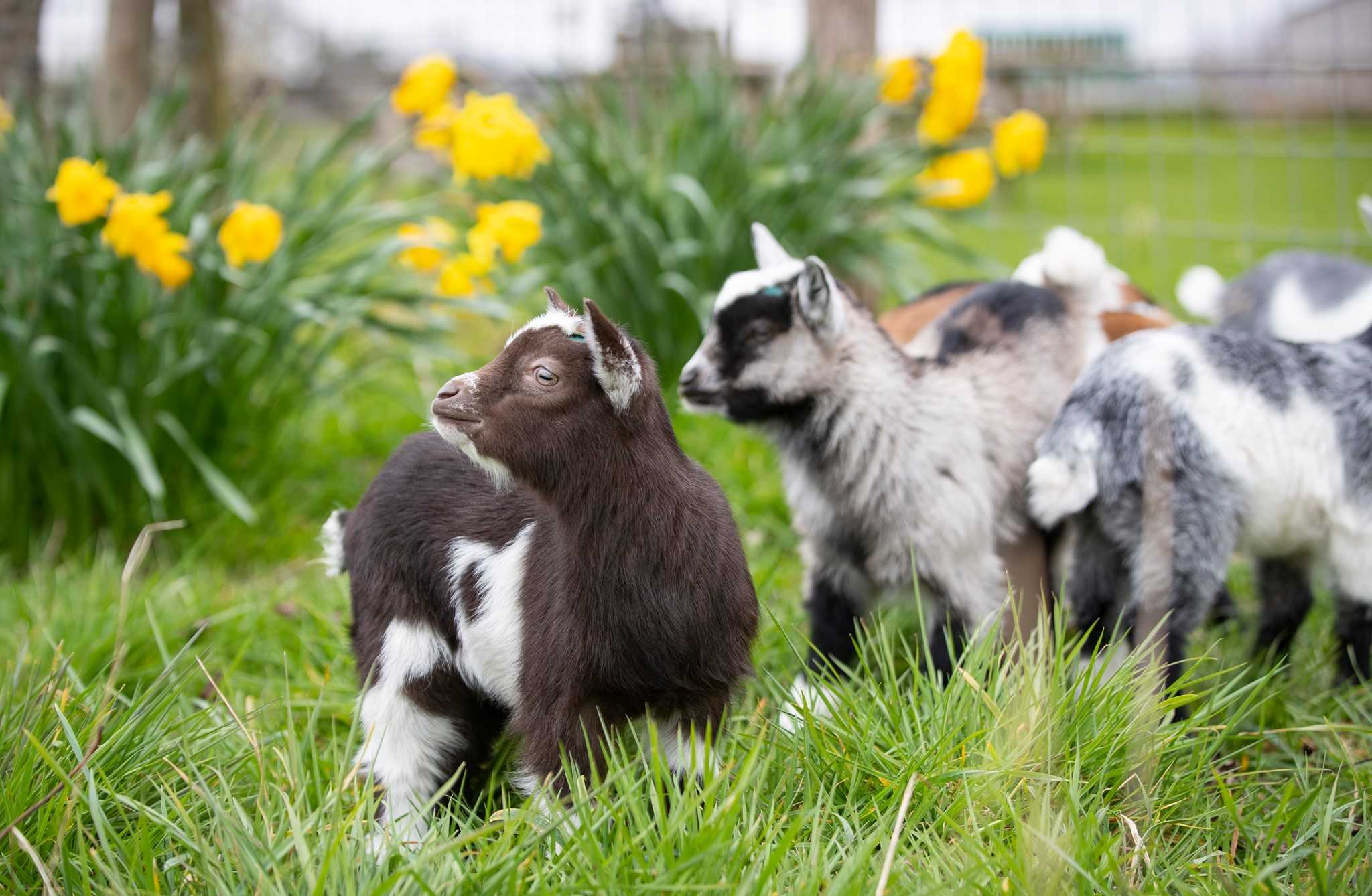Being able to experience wildlife and nature up close is wonderful – but when you holiday in your favourite animal’s natural habitat, do you know all it takes to be a responsible animal tourist?
The majority of sites on Pitchup either are, or were previously, working farms and some of the existing residents include furry four-legged friends, birds of prey and more beautiful wildlife.
Often site owners will allow guests to feed, pet or socialise with their animals, adding a fun and memorable experience to your stay and one that visitors and families love.
Read on below to discover our tips on how to choose responsible animal experiences, what to look out for or to avoid, and how to ensure both your own safety and the comfort of the animals you meet.
Farm stays, farm animals and working animals

Some of our favourite animals live on farms! As a nation of animal lovers, the opportunity to wake up next to sheep, pigs, cows, rabbits or even birds of prey is an exciting prospect, but we also want to make sure we do so in a respectful way.
If your outdoor holiday sees you staying at a farm, or perhaps hiking or cycling near farm animals, there are a few things to keep in mind.
The National Farmers Union has set out advice on how to behave safely, while ensuring everyone has a great time, while staying on a working farm.
- Be aware of any moving vehicles or animals being herded by farmers on farms or out on roads and footpaths. Keep your distance and try not to disturb or distract the animals.
- Only touch, pet, feed or interact with animals if invited to do so by the campsite team or farmer, and keep a respectful distance from the animals at other times.
- Wash your hands after coming into contact with the animals. And if you’re pregnant, stay away from ewes and lambs.
ABTA, the UK’s largest travel association, also has advice on how to choose, and what to avoid, when considering an animal experience. The best animal experiences ensure that:
-
Tethered animals are tied with materials that do not risk the animal’s welfare
-
Young, pregnant, nursing, ill, distressed or elderly animals are not used to offer customer rides, or transport heavy loads
-
Equipment, such as saddles or tack, fits well, is cleaned and dried after use, and is removed during rest periods or when the animals are eating / drinking
-
Animals are not working during the hottest part of the day, are given regular breaks, and are only carrying loads or customers that are appropriate for their size
-
The animals have access to clean water and appropriate food
-
The animals have clean, spacious enclosures where they can move around freely
-
When tourists are invited to take photos with animals, the owners or handlers encourage them to follow good practice guidelines such as keeping their distance and not causing distress
-
Animal performances only include natural behaviours
Wild animals

Sometimes your travels may see you interact with wild animals – those that have not been domesticated over thousands of years.
Recent years have seen the rise of calls for more regulation on exotic and wild animal experiences, to ensure animals are not held in captivity, or forced to perform. But, when booking your holiday, how do you know who are the responsible operators? It pays to do a little research before you book.
The World Animal Protection charity recommends starting by looking for animal experiences that:
-
Allow you to see animals in the wild, in their natural habitats
-
Encourage visitors to keep a safe, quiet distance to observe animals in their natural environment
-
Do not use wild or exotic animals solely for entertainment such as captive dolphin shows, elephant rides or places that allow you to take selfies with big cats
-
Do not the opportunity to pet, cuddle, ride or wash wild animals
-
Focus on rescuing, rehabilitating and releasing wild animals or are driven by conservation or charitable efforts
As tourists we have a responsibility to protect the natural environment and the wildlife that lives there, but choosing operators or knowing how to interact with wildlife responsibly can be overwhelming. We hope the tips above will help you to plan your next escape into the wilderness and to know how to act when you encounter a furry friend!
Don’t forget, you can use Pitchup's search filters below to help you find your perfect site for nature's best animal encounters:
